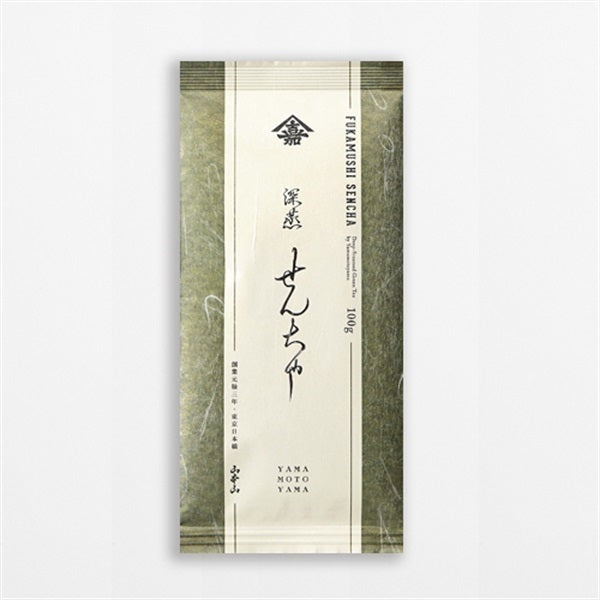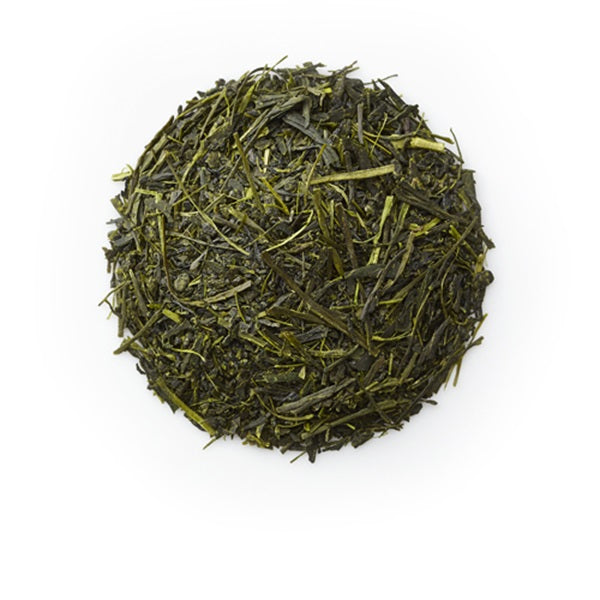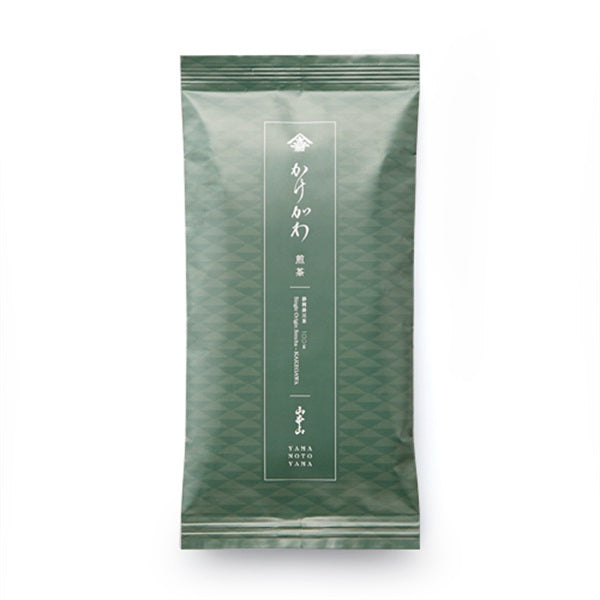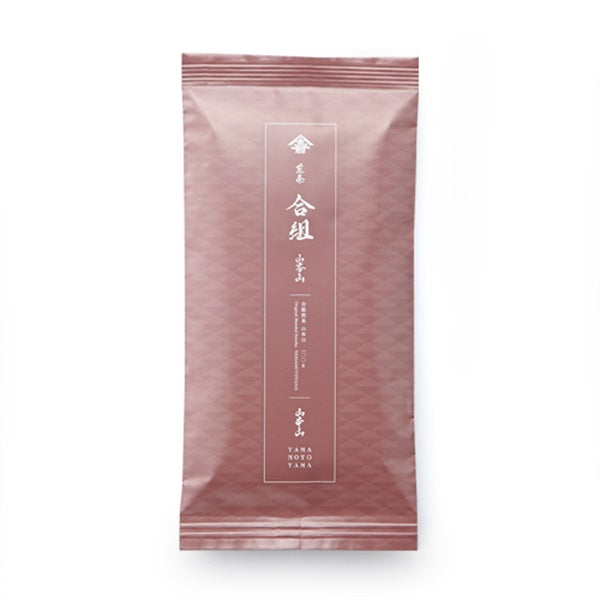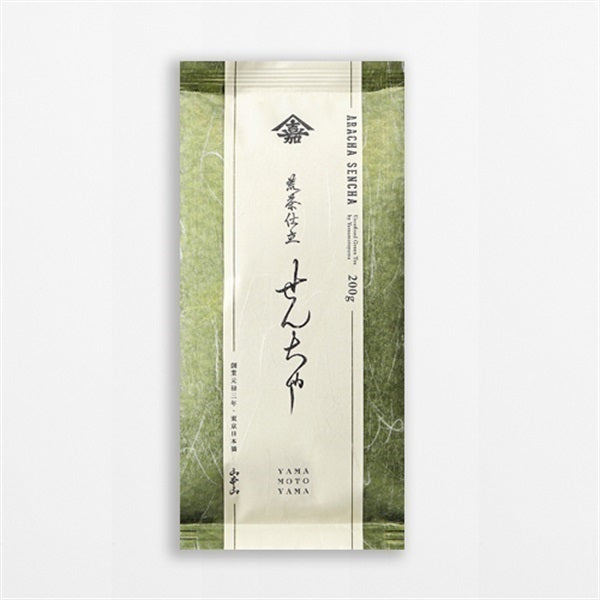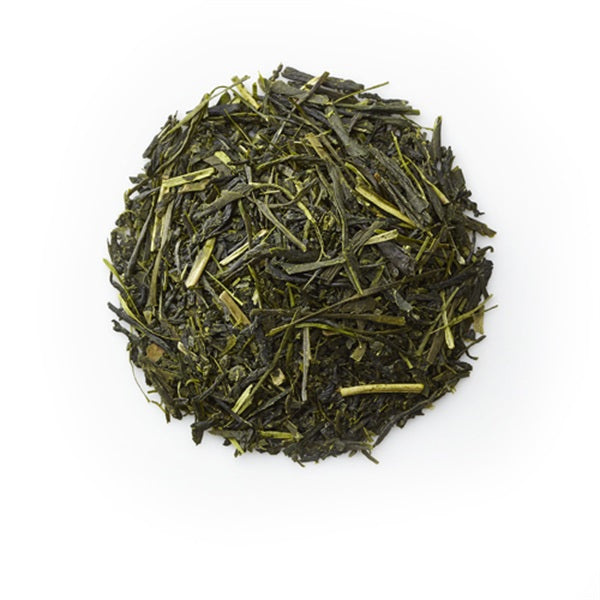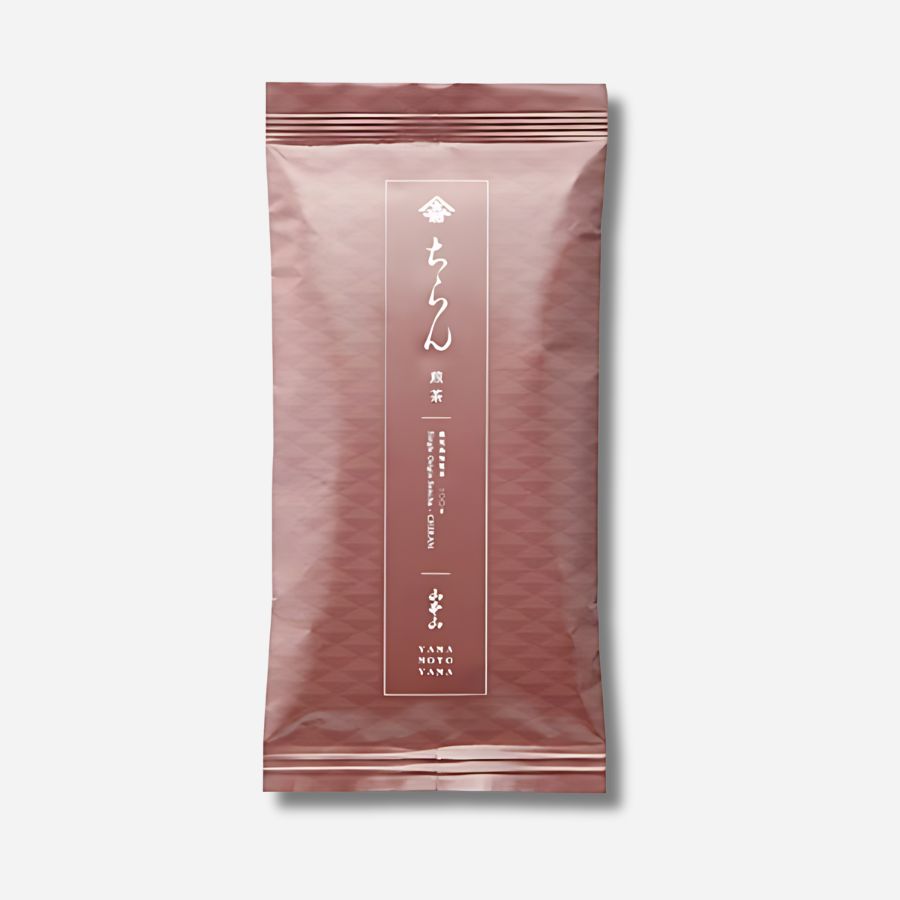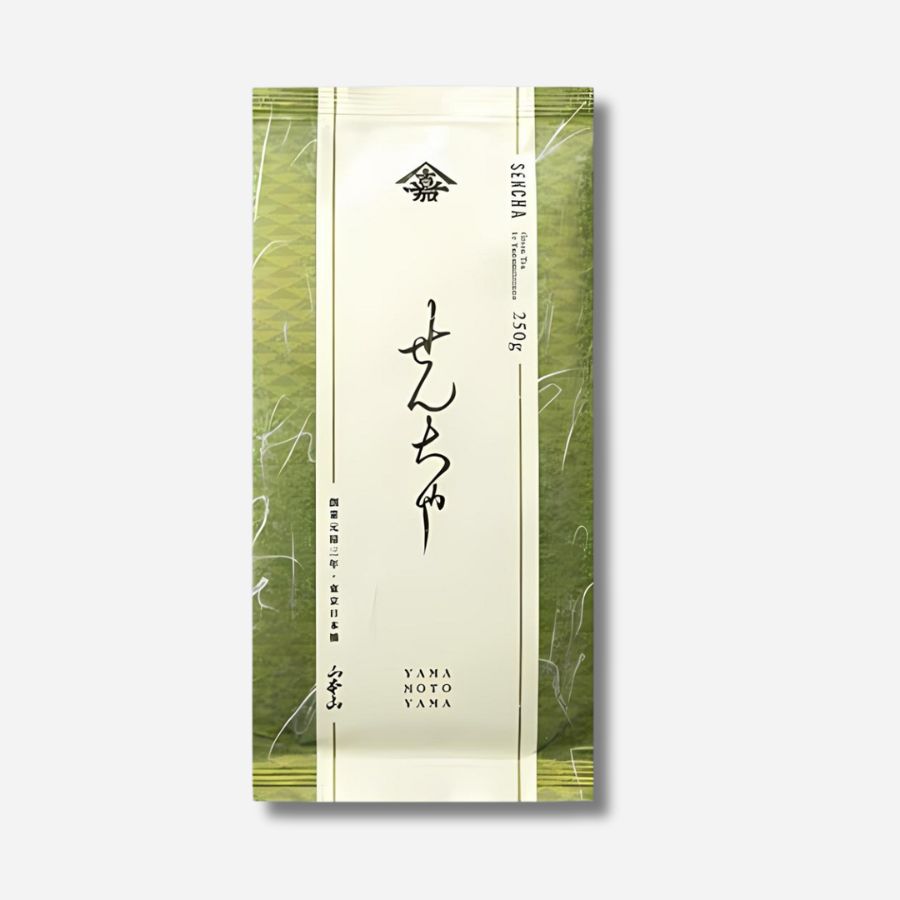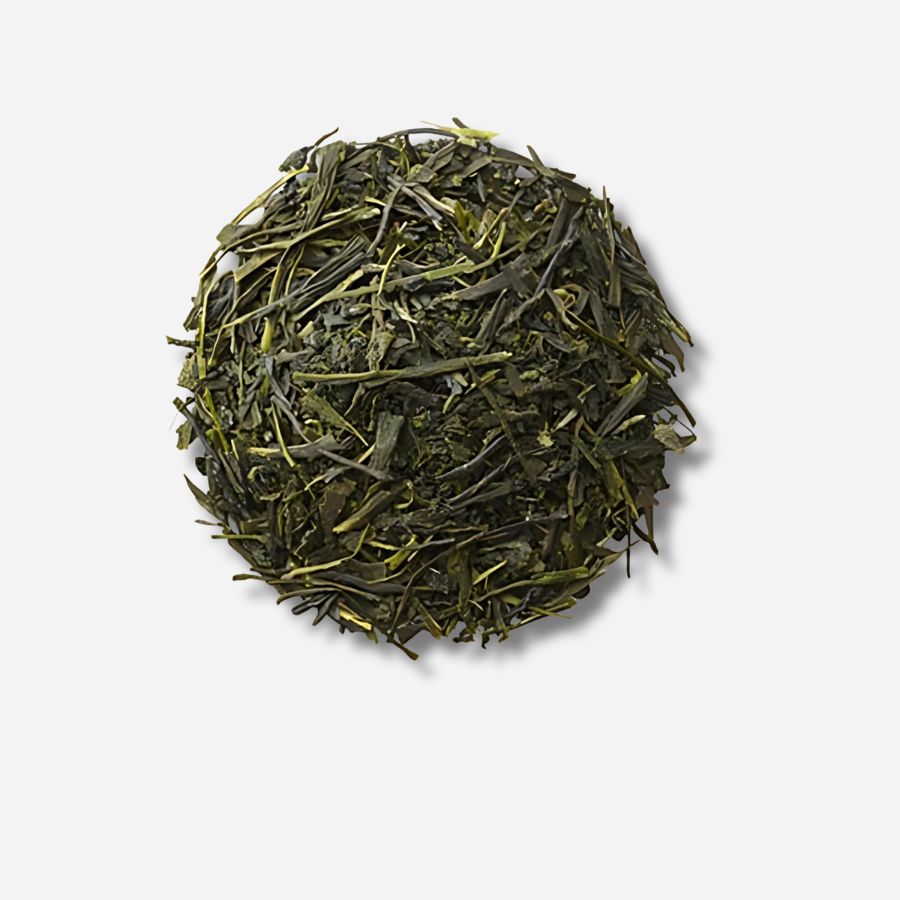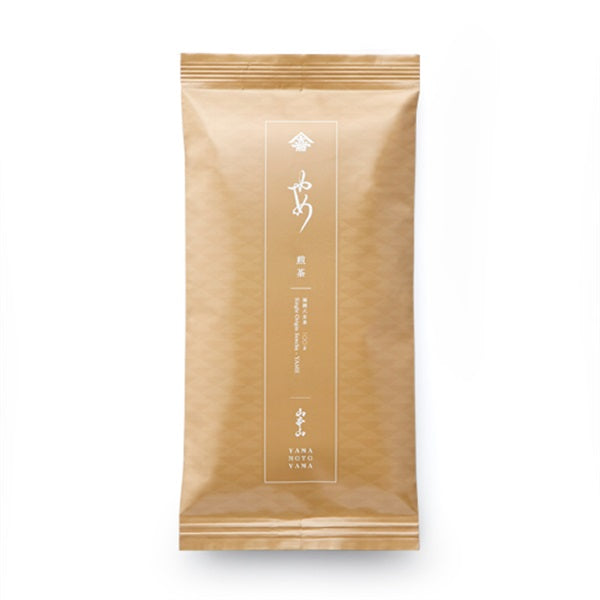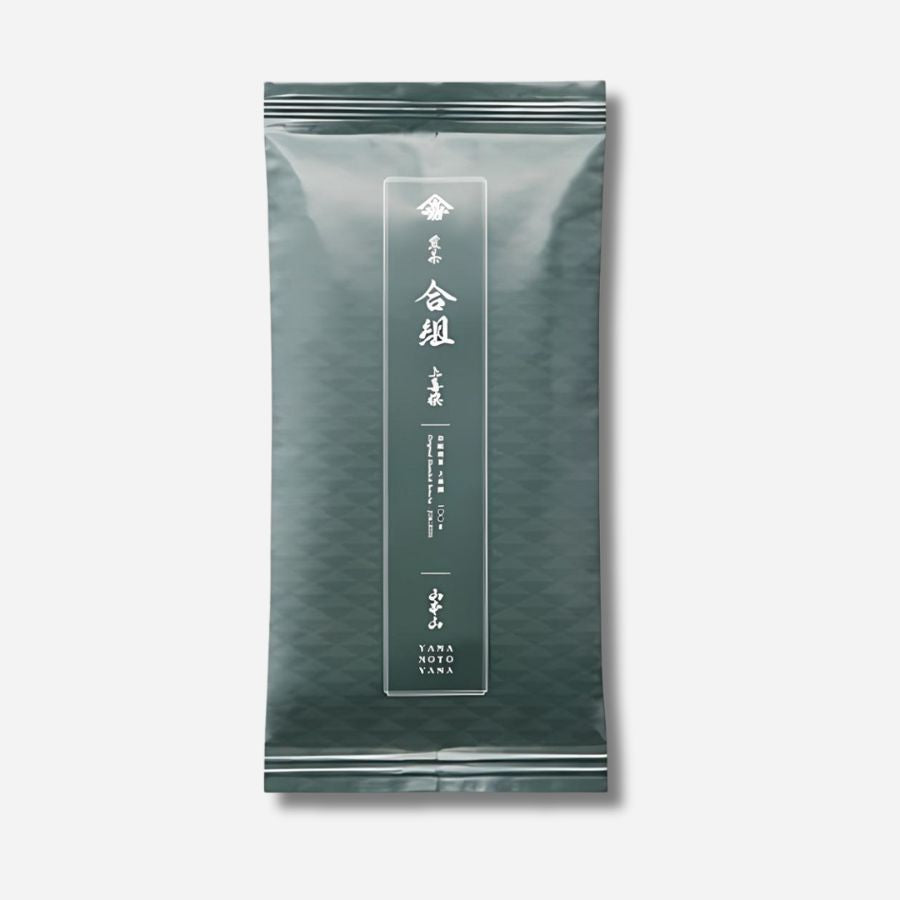
Green tea boosts your brain! What are the ingredients that help prevent dementia? Introducing the latest research
- Introduction
- The antioxidant effect of catechin rejuvenates the brain
- Relationship between green tea intake and cognitive function
- Catechins protect brain tissue
- Catechin's Alzheimer's disease prevention effect attracts worldwide attention
- Theanine's Relaxing Effects and Effects on Cognitive Function
- Theanine's Effects Shown in Large-Scale Clinical Trials
- summary
Introduction
In recent years, there has been growing hope that green tea may be effective in preventing dementia. This is because the components contained in green tea, such as catechin and theanine, may help maintain brain health.

Catechins that rejuvenate the brain
The catechins contained in green tea have a strong antioxidant effect and are expected to slow down the aging process by suppressing the oxidation of brain cells. In addition, it is said to have the effect of suppressing the accumulation of amyloid beta, the causative agent of Alzheimer's disease.

Relationship between green tea intake and cognitive function
Recent studies have highlighted the health benefits of green tea for the brain.
For example, a study of approximately 1,000 people aged 70 to 96 years old found that those who drank two or more cups of green tea per day were less than half as likely to experience cognitive decline as those who drank three or fewer cups per week (Shinichi Kuriyama et al. 2006).
This study suggests that drinking about two cups of green tea a day may help maintain cognitive function.
Interestingly, the study did not find that drinking 4 or more cups a day was more effective than drinking 2-3 cups a day, which may suggest that the amount of green tea consumed varies from person to person and that it's important to drink the amount that's right for you.

Catechin protects brain tissue
Additionally, a study by Umino Keiko et al. (2006) demonstrated in mice that the catechins contained in tea inhibit the atrophy of brain tissue, prevent the decline in learning and memory abilities, and even inhibit DNA damage caused by the oxidation of brain cells.
These results suggest that catechins may play an important role in maintaining brain health.

Catechin's Alzheimer's disease prevention effect attracts worldwide attention
Research into the effects of catechins on Alzheimer's disease is also underway in the United States, and mouse experiments have confirmed the ameliorative effects of catechins.
In Japan, vascular dementia caused by cerebrovascular disease has been common up until now, but in recent years there has been a trend toward an increase in Alzheimer's disease. Dementia is considered a serious problem in an aging society.
Under these circumstances, further research results on the dementia prevention effects of tea are anticipated.

Theanine's Relaxing Effects and Effects on Cognitive Function
Theanine is known to have a relaxing effect and reduce stress, but like catechin, it is also expected to have dementia prevention effects.
Although the specific mechanisms are still being elucidated, theanine is known to have a wide range of effects, including protecting nerve cells, improving blood flow to the brain, and maintaining the balance of neurotransmitters.
It has been suggested that these actions may work together to suppress the onset of dementia.

Theanine's Effects Shown in Large-Scale Clinical Trials
Ito En Co., Ltd. and the RIKEN, a national research and development organization, jointly conducted a large-scale clinical trial to verify whether theanine is effective in preventing dementia.
In this study, subjects took capsules made from powdered green tea, which is rich in theanine, for one year and examined changes in cognitive function in detail.
The results showed that the group that took theanine had significantly improved cognitive function assessment scores compared to the group that did not take theanine.
These results suggest that theanine may be able to prevent cognitive decline, especially in the elderly, and are attracting attention, but further research is needed to understand the mechanism of this effect and its longer-term effects.

summary
How was it?
Ingredients contained in green tea, such as catechin and theanine, may help maintain brain health, and research has shown they may be effective in preventing dementia.
However, of course, drinking green tea alone does not necessarily prevent dementia. Green tea is merely one of the healthy lifestyle habits, and it is important to take a comprehensive approach, including a balanced diet, moderate exercise, and sufficient sleep.



